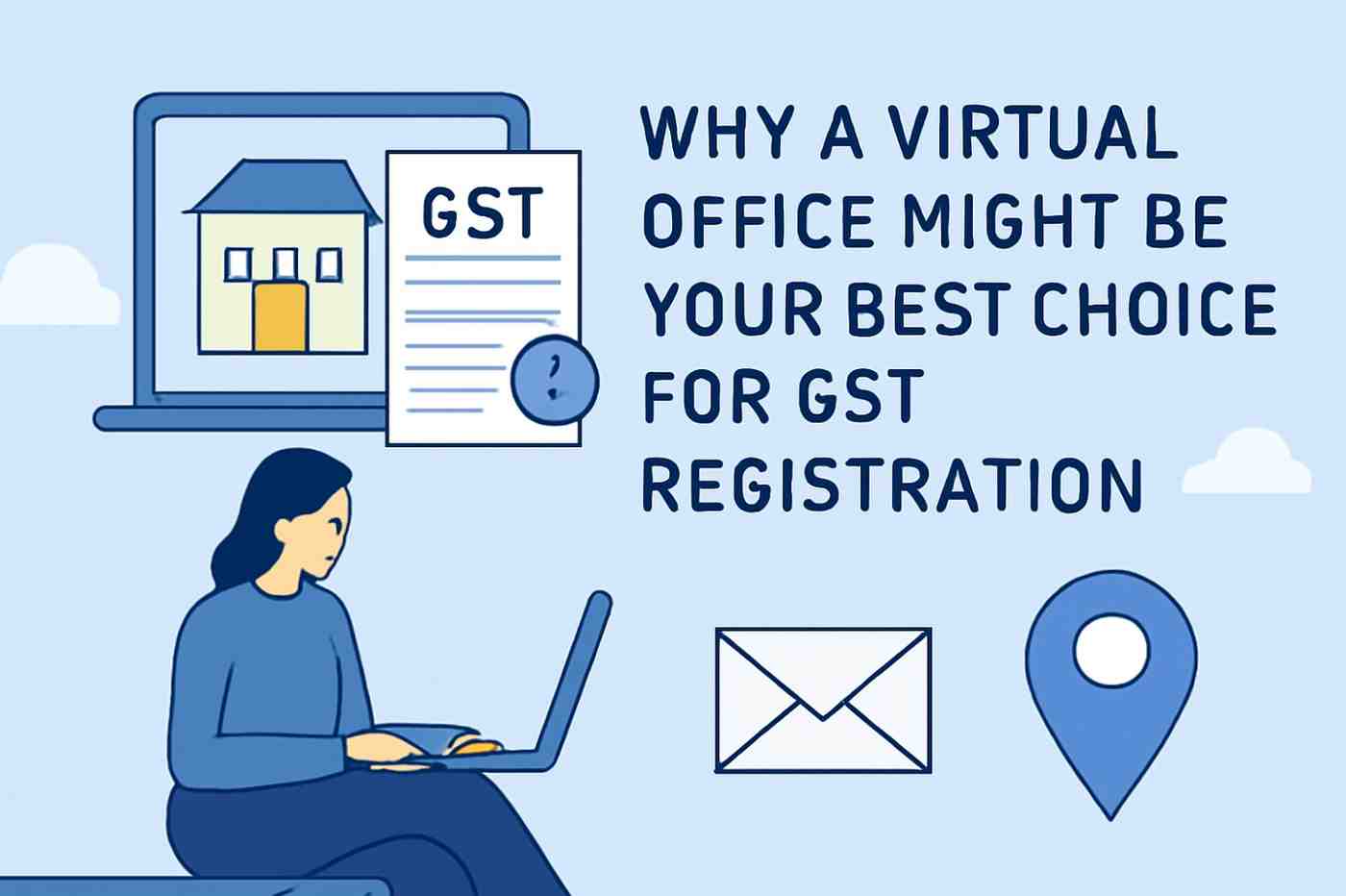


theGSTco provides comprehensive GST registration services, along with VPOB and APOB solutions
When setting up a business in India, one of the most essential steps is obtaining GST registration. As part of the Goods and Services Tax (GST) compliance, businesses need to provide details about their place of business. Two important terms that frequently arise during this process are Additional Place of Business (APOB) and Virtual Place of Business (VPPOB). Understanding the key differences between these two concepts and how they impact your GST registration is crucial for businesses aiming to stay compliant and optimize their operations.
In this article, we will explore the differences between APOB and VPPOB and discuss how they affect your GST registration process. Whether you are a startup, an eCommerce seller, or a traditional business, this guide will help you navigate the complexities of GST registration with ease.
Additional Place of Business (APOB) refers to any extra premises that a business may operate from, apart from its primary location. For instance, if your company operates from multiple locations, warehouses, or branches, these secondary locations are considered additional places of business. The GST registration process requires businesses to provide the address and details of all such places of business where operations are conducted, including warehouses, sales offices, and manufacturing units.
The inclusion of APOB in GST registration allows businesses to comply with GST provisions and ensures that all business locations are properly accounted for. Businesses are required to submit the appropriate documentation for each APOB to ensure that the registration process is complete. These documents typically include rental agreements, utility bills, and other proofs of ownership or tenancy.
Virtual Place of Business (VPPOB), on the other hand, refers to a business address that does not involve physical office space but serves as a legitimate place of business for GST registration purposes. A virtual office allows businesses to use a premium business address for official purposes, even though they do not have an actual physical office in that location. This is particularly beneficial for startups, small businesses, or eCommerce companies that operate from home or have a remote business model.
The key advantage of having a virtual office for GST registration is that it provides businesses with a compliant business address for GST purposes without the high costs associated with leasing or owning physical office space. A VPPOB can be used for official correspondence, GST registration, and other legal requirements, such as receiving mail, handling invoices, and conducting business transactions.
While both APOB and VPPOB are places of business required for GST registration, they differ in several important ways:
Physical vs. Virtual Presence:
APOB refers to physical locations where a business operates, such as branches, warehouses, and offices.
VPPOB refers to a non-physical location that serves as a business address, typically for companies that operate remotely or in a digital-first environment.
Purpose:
APOB is used to register all secondary locations where business activities are carried out.
VPPOB is used for businesses that require a legitimate address for GST registration but do not have a physical office.
Documentation:
APOB requires documentation such as rental agreements, ownership proofs, and utility bills to prove the existence of the physical location.
VPPOB typically requires an agreement with a virtual office service provider, who will provide documents such as rent receipts, utility bills, and No Objection Certificates (NOCs).
Cost and Flexibility:
APOB often involves higher costs because businesses need to lease or own physical spaces, which may require additional expenses for maintenance and rent.
VPPOB is more cost-effective, as businesses only pay for the virtual office service, making it ideal for small businesses, freelancers, and eCommerce sellers.
Conclusion
Understanding the differences between APOB and VPPOB is crucial for businesses seeking GST registration in India. While APOBs refer to physical locations of business operations, VPPOBs offer a virtual solution for businesses that need a business address for GST compliance without the high costs of physical office space. By choosing the right option for your business model, you can ensure smooth GST registration and maintain compliance with tax authorities.
For businesses looking to optimize their GST registration process, leveraging a virtual office for GST registration provides a cost-effective and flexible solution. Whether you are a startup or an established business, understanding and utilizing APOB and VPPOB appropriately can help you stay compliant and grow your business efficiently.
